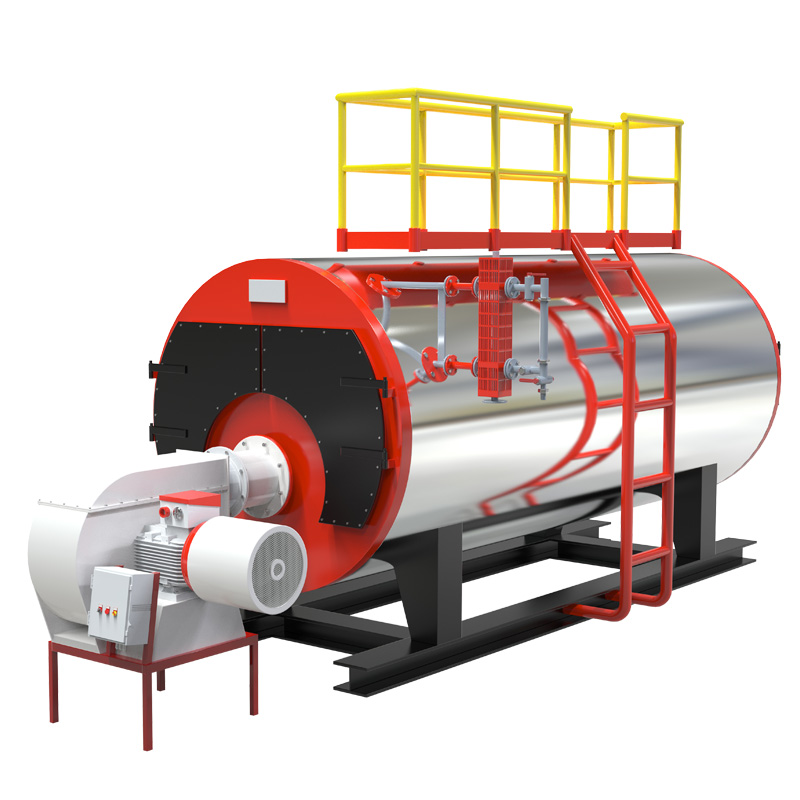
Dek . 12, 2024 10:32 Back to list
thermal oil boiler vs steam boiler
Thermal Oil Boiler vs. Steam Boiler A Comprehensive Comparison
In industrial settings, efficient heating solutions are critical for optimal operation. Two popular options for heating processes are thermal oil boilers and steam boilers. While both serve the primary purpose of heating, their methods, applications, and efficiencies differ substantially. This article aims to provide a comprehensive comparison between thermal oil boilers and steam boilers, exploring their functionalities, benefits, drawbacks, and best use cases.
Overview of Thermal Oil Boilers
Thermal oil boilers, also known as thermal fluid heaters, utilize a heat transfer solution (typically organic thermal oil) to transfer heat. These systems operate at lower pressure levels compared to steam boilers, which allows them to achieve high-temperature outputs without the risk associated with high-pressure steam systems. The thermal oil circulates through the heating system and transfers heat directly to the equipment, ensuring consistent and precise temperature control.
Overview of Steam Boilers
Steam boilers, on the other hand, convert water into steam, which carries energy to various processes. The steam is generated by heating the water in a closed vessel and is then distributed through pipes to heat exchangers or other equipment. Steam boilers are traditionally used in a wide range of applications, from power generation to heating buildings and processing industries.
Key Differences in Operation
1. Operating Temperature and Pressure - Thermal oil boilers can reach higher temperatures (up to 400°C or more) at lower pressures, making them suitable for high-temperature applications without the risks associated with high-pressure steam. - Steam boilers typically operate at higher pressures, which can be more dangerous and requires rigorous safety protocols.
2. Heat Transfer Efficiency - Thermal oil systems provide better heat transfer efficiency due to the thermal oil's ability to store and transfer heat effectively. - Steam boilers, while efficient in many applications, face challenges with heat loss and condensation when steam travels through piping.
3. System Complexity - Thermal oil boilers are generally less complex, requiring fewer components and lower maintenance costs. - Steam boilers may require additional equipment, such as steam traps and water treatment systems, leading to increased complexity and potential points of failure.
thermal oil boiler vs steam boiler

Advantages of Thermal Oil Boilers
- Safety Operating at lower pressures reduces the risk of catastrophic failures. - High-Temperature Applications Ideal for processes requiring temperatures exceeding those typically achieved with steam. - Energy Efficiency Their design allows for enhanced energy delivery, minimizing heat loss.
Advantages of Steam Boilers
- Versatility Widely used in various sectors including food processing, pharmaceuticals, and energy generation. - Established Technology Steam systems have been used for a long time and are backed by extensive technological advancements. - Large-scale Applications Able to provide significant heat and energy for large industrial processes.
Disadvantages of Thermal Oil Boilers
- Limited Temperature Range While they excel at high temperatures, they might not be the best choice for processes requiring steam. - Thermal Oil Management The thermal oil must be monitored and maintained to prevent degradation over time.
Disadvantages of Steam Boilers
- Higher Risk Operating at high pressures presents safety hazards that require strict operational protocols. - Heat Loss Steam systems can lose heat during transmission, leading to inefficiencies.
Conclusion
Choosing between a thermal oil boiler and a steam boiler largely depends on the specific requirements of the application at hand. Thermal oil boilers excel in high-temperature, low-pressure environments, offering safety and efficiency. In contrast, steam boilers remain a versatile choice for a variety of applications, particularly where steam is required. Ultimately, understanding the distinct advantages and drawbacks of each system will aid industries in making informed decisions that align with their operational needs and safety standards.
-
Oil Fired Hot Water Boilers Sale - High Efficiency & Affordable
NewsJul.31,2025
-
High-Efficiency Commercial Oil Fired Steam Boiler for Industry
NewsJul.30,2025
-
High-Efficiency Biomass Fired Thermal Oil Boiler Solutions
NewsJul.30,2025
-
High Efficiency Gas Fired Thermal Oil Boiler for Industrial Heating
NewsJul.29,2025
-
High-Efficiency Gas Fired Hot Water Boiler for Sale – Reliable & Affordable
NewsJul.29,2025
-
High Efficiency Biomass Fired Hot Water Boiler for Industrial and Commercial Use
NewsJul.29,2025
Related PRODUCTS






















